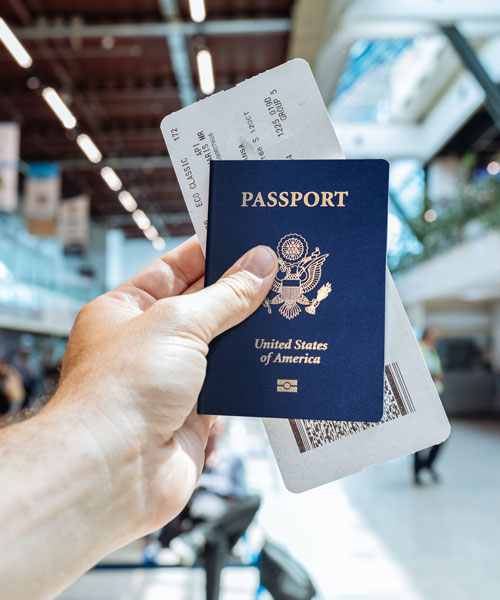Our Blog
Explore the Latest Insights and Tips
Stay updated with the latest trends, tips, and information for newcomers.

Top Tips for Finding an Apartment as a Newcomer
Moving to a new country is exciting, but finding the right place to live can be challenging, especially if you're unfamiliar with the local rental market...
Read More1. Understand the Types of Rental Options
Apartments, condos, and houses each have different requirements, costs, and lifestyle implications...
2. Gather Essential Documents Ahead of Time
Landlords often require proof of income, identification, and references...
3. Set a Budget and Include Additional Costs
Consider monthly rent, security deposit, utilities, and application fees...
4. Use Trusted Rental Platforms and Avoid Scams
Start your search on reputable websites and be wary of listings that seem too good to be true...
5. Know Your Rights as a Tenant
Landlords cannot discriminate, and they must provide habitable apartments...
6. Consider Temporary Housing as You Settle In
Options like short-term rentals or co-living spaces can provide flexibility...
7. Ask Questions and Review Your Lease Carefully
Understanding your lease terms, maintenance policies, and move-in/move-out conditions is essential...
8. Building Your Credit Score for Future Rentals
Starting with a secured credit card and timely bill payments can help...
Moving to the U.S. is a big step, and by preparing well, you’ll be on your way to securing an ideal apartment!

Understanding Cultural Differences in the Workplace
In today’s globalized workforce, cultural diversity brings unique perspectives and skills, but also potential misunderstandings...
Read More1. Recognizing the Value of Cultural Diversity
Diversity brings fresh ideas, creativity, and a sense of inclusion...
2. Understanding Key Areas of Cultural Difference
Communication styles, hierarchy, attitudes toward time, and individualism vs. collectivism...
3. Building Cross-Cultural Competency in the Workplace
Practice active listening, ask questions, and adapt to different communication preferences...
4. Overcoming Challenges in Culturally Diverse Teams
Addressing language barriers, managing conflicts, and encouraging inclusivity...
5. Fostering a Culturally Inclusive Workplace
Organize cultural awareness training, celebrate diversity, and encourage mentorship...
Embracing cultural diversity strengthens team dynamics and drives innovation and success.

How to Build Your Credit Score as a Newcomer
One of the first financial steps to take as a newcomer to the U.S. is establishing and building a good credit score...
Read More1. Understand the Basics of a Credit Score
Credit scores range from 300 to 850, representing your creditworthiness...
2. Start with a Secured Credit Card
This type of card helps newcomers begin building credit with a small cash deposit...
3. Pay All Bills on Time
Payment history is the most significant factor in your credit score...
4. Become an Authorized User on Someone Else’s Card
Benefit from a family member’s or friend’s good credit habits...
5. Use Credit Building Tools and Programs
Credit builder loans, rent reporting services, and Experian Boost can accelerate your credit-building journey...
6. Keep Your Credit Utilization Low
Stay below 30% of your credit limit to build a good score faster...
7. Monitor Your Credit Regularly
Check for errors, track progress, and stay motivated...
Building a good credit score takes time, but it will open many financial doors in the future.